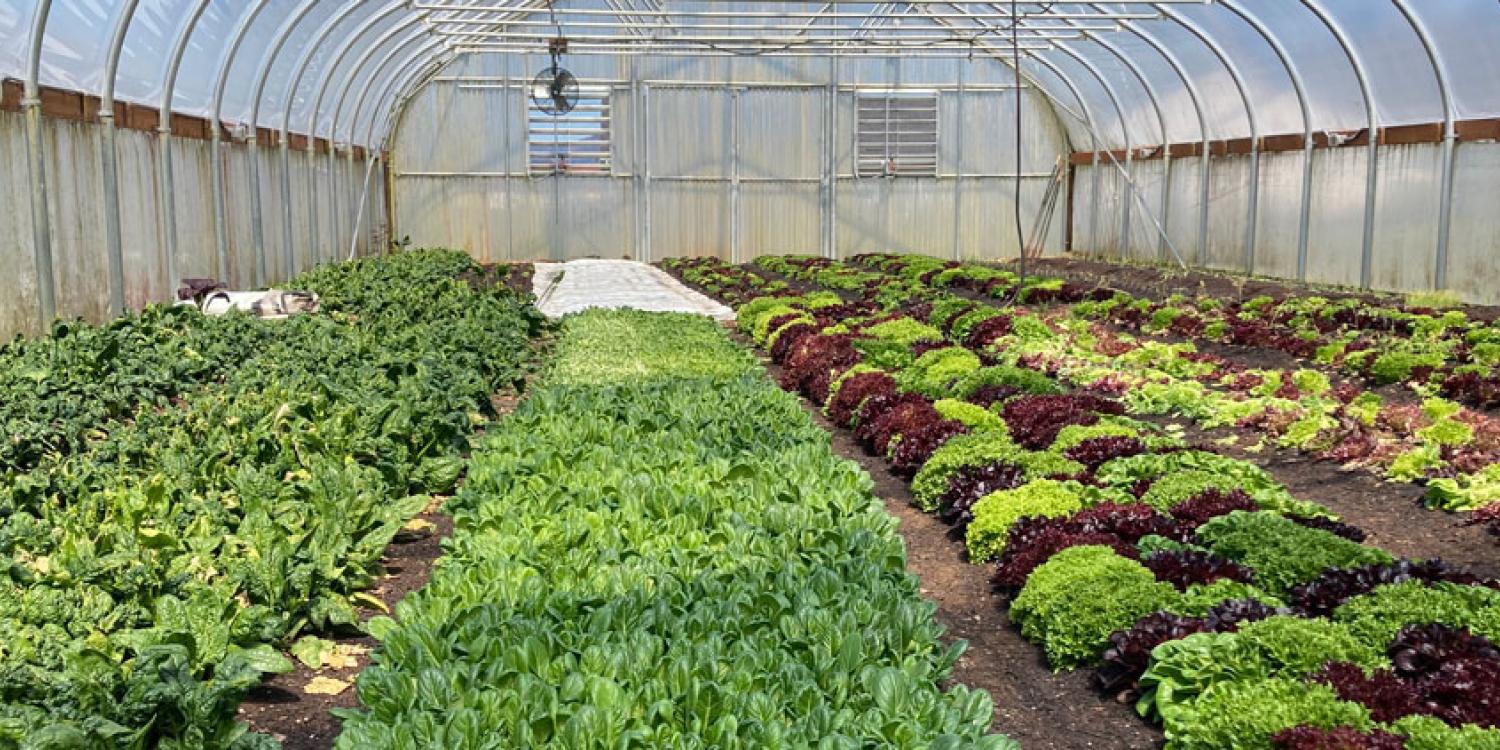
Oregon's farmers continue to suffer losses from drought, heat waves, wildfire and other problems related to climate change. Traditional crop insurance and relief funding programs often don't work for affected small-scale farmers who are highly diversified in cropping systems and markets.
Additionally, people of color in the farming business face long-standing discrimination in accessing these programs. Oregon has many different farmer-focused organizations that provide different types of support to these farmers but none on its own is powerful enough to solve this access problem.
In response, Lauren Gwin, Oregon State University associate professor and Extension community food systems specialist for the Center for Small Farms & Community Food Systems, helped found the Oregon Community Food Systems Network (OCFSN) in 2015, which now has 57 member organizations throughout Oregon. Gwin, who is on the leadership team, has been an integral part of building and maintaining the institutional infrastructure essential for the network’s activities and topical working groups.
Her work includes organizing support and resources for what is now the Farming for the Future working group, which leads OCFSN’s effort to support sustainable, regenerative farmers and ranchers, many of whom are not served by traditional assistance programs.
In 2021, Oregon farmers faced historic heat domes, drought, wildfires and an early ice storm that impacted agricultural producers across the state. In December 2021, the Oregon Legislature provided $1.5 million to the Oregon Community Food Systems Network to create a drought-relief grant program for small-scale and historically marginalized farmers, led by OCFSN's Farming for the Future working group. OCFSN was entrusted with these funds because of its accomplishments and earned credibility over the last seven years.
OFCSN made grants to 108 farmers from the legislative funds. Of these recipients, 38% were farms owned by Black, Indigenous and other people of color. Awards were capped at $30,000 in order to provide as much assistance to as many farmers as possible and the average grant was $13,186. All farmers received their checks within 30 days of the application deadlines.
The Legislature also provided $500,000 to Extension for outreach and technical assistance to these farmers, to be provided by the Center for Small Farms & Community Food Systems. The Small Farms Center's institutional entrepreneurship and consistent deep engagement have been essential to OCFSN's success, including efforts like this new funding to support Oregon's small-scale and historically marginalized farmers.